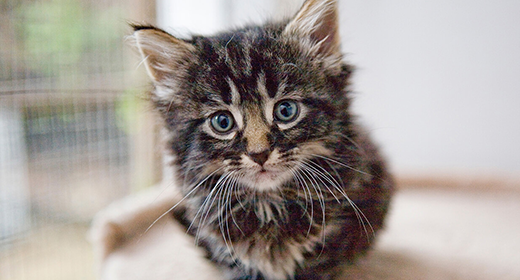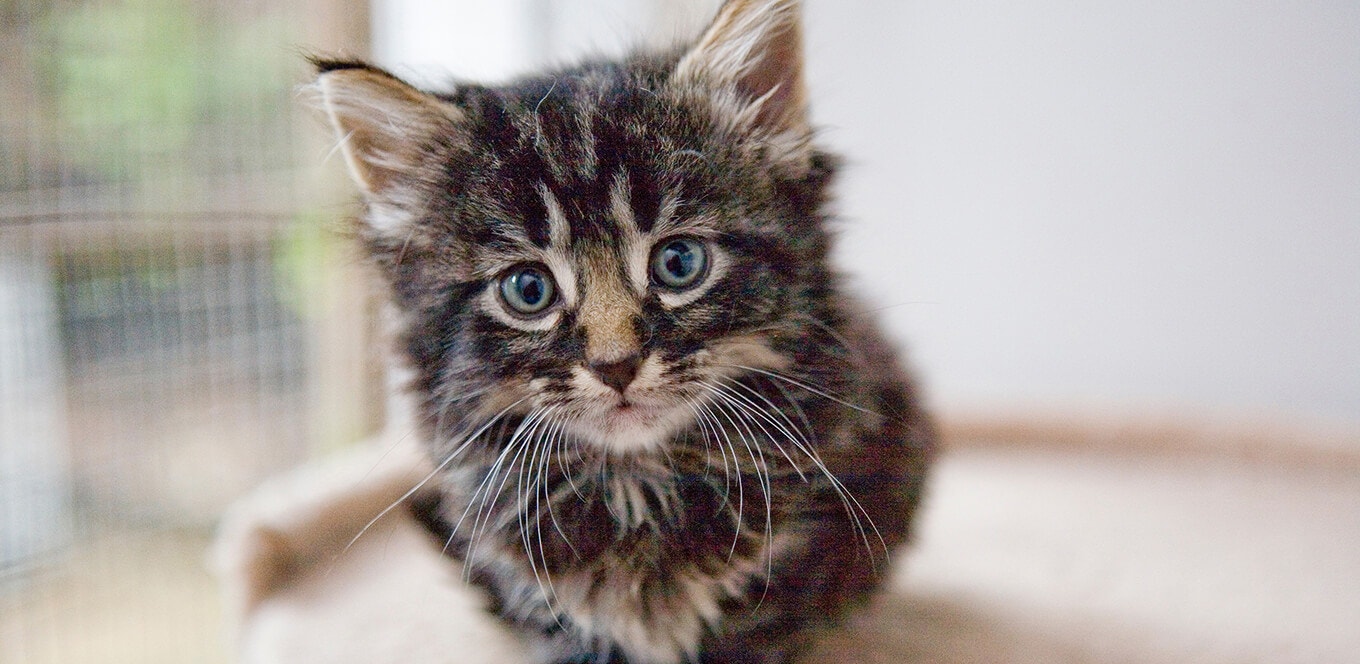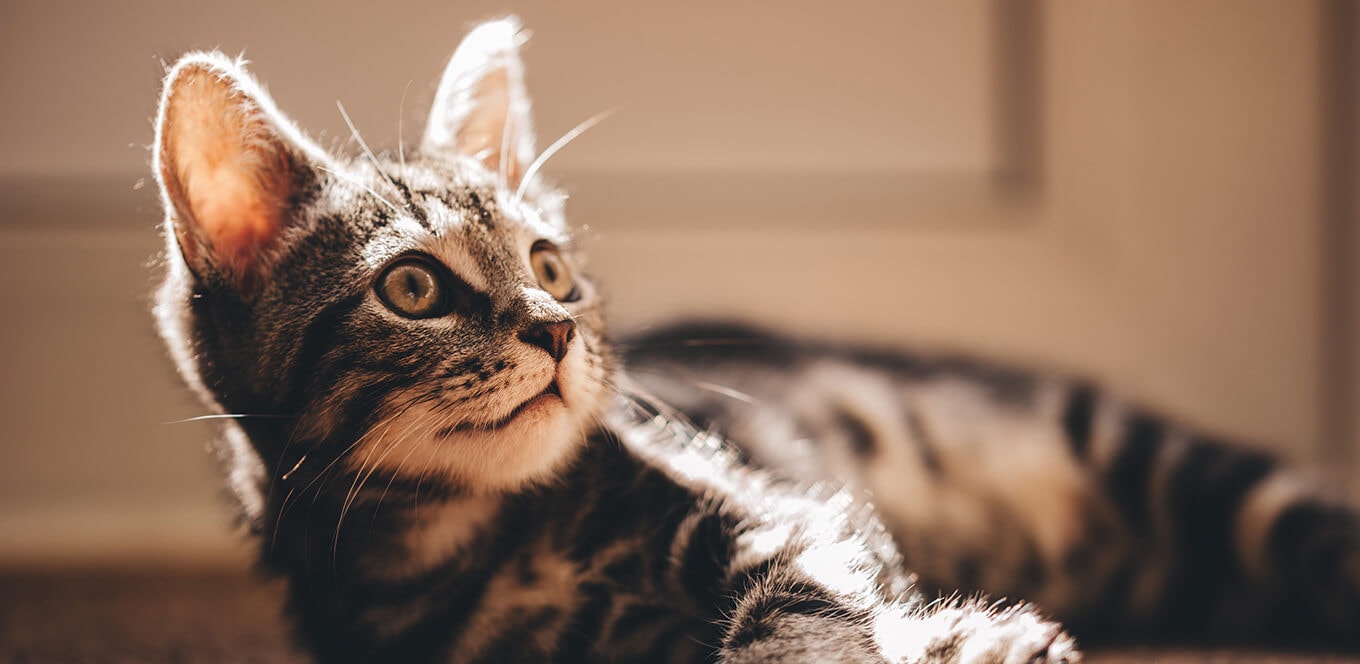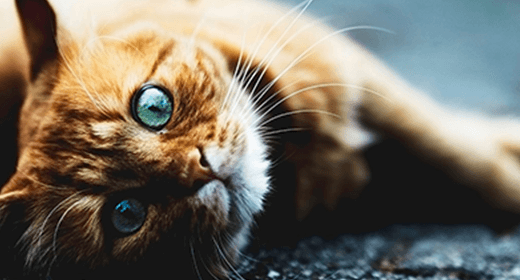

A newborn cat brings endless love and laughter to any household. However, as a new kitten parent, it is important to understand that caring for a kitten is not just about feeding and playing with them. Kittens have specific dietary needs, and it is important to provide them with high-quality kitten food that meets their nutritional requirements. Regular grooming, vaccination, and preventive care are essential in keeping your kitten healthy and free from diseases. This guide will give you all the information you need to raise a healthy kitten and ensure that it grows into a happy and healthy adult cat.
Check out the below table to understand how a cat develops with time:
Age | Milestone |
5 to 6 months old | Sexual maturity |
8 months old | Full set of adult teeth |
9 months old | Comparable digestion ability to adult |
12 months old (female) and 18 months old (male) | Reach adult body weight |
Between 10 to 12 months of age | Energy requirements go down to adult levels |
Want to know how old your cat is in human years? Check out the below table and find out:
| Life stage | Cat age | Cat age in human years |
|---|---|---|
| Kitten | 0 to 1 month old | 0 to 1 years old |
| 2 months old | 2 years old | |
| 3 months old | 4 years old | |
| 4 months old | 6 years old | |
| 5 months old | 8 years old | |
| 6 months old | 10 years old | |
| Junior | 7 months old | 12 years old |
| 12 months old | 15 years old | |
| 18 months old | 21 years old | |
| 2 years old | 24 years old | |
| Adult | 3 years old | 28 years old |
| 4 years old | 32 years old | |
| 5 years old | 36 years old | |
| 6 years old | 40 years old | |
| Mature | 7 years old | 44 years old |
| 8 years old | 48 years old | |
| 9 years old | 52 years old | |
| 10 years old | 56 years old | |
| Senior | 11 years old | 60 years old |
| 12 years old | 64 years old | |
| 13 years old | 68 years old | |
| 14 years old | 72 years old | |
| Super senior | 15 years old | 76 years old |
| 16 years old | 80 years old | |
| 17 years old | 84 years old | |
| 18 years old | 88 years old | |
| 19 years old | 92 years old | |
| 20 years old | 96 years old | |
| 21 years old | 100 years old | |
| 22 years old | 104 years old | |
| 23 years old | 108 years old | |
| 24 years old | 112 years old | |
| 25 years old | 116 years old |
In conclusion, raising a healthy kitten requires a lot of care and attention, but with the right knowledge and commitment, you can ensure that your kitten grows into a happy and healthy adult cat. Always consult your veterinarian for any questions or concerns, and don't hesitate to seek advice or guidance. With the right care and love, your kitten will bring you years of joy and companionship.
Signs of a healthy kitten include clear eyes, a clean coat, and a healthy appetite. It should also have a high-energy level to stay active. Regular check-ups with a veterinarian can also ensure your kitten is in good health.
Regular veterinary check-ups, proper nutrition and exercise as well as keeping up with vaccinations and preventative care are important for maintaining your kitten's health.
Kittens can be susceptible to a variety of health issues, including upper respiratory infections, worms, as well as flea and tick infestations. They can also develop chronic conditions such as diabetes or heart disease later in life.
Kittens are vulnerable to a variety of health issues, but with proper care and regular veterinary check-ups, they can stay healthy.
Kittens do need to drink water to stay hydrated, but the exact amount will vary depending on factors such as their age, size, and activity level. Consult with a veterinarian for specific recommendations.




Ensuring proper nutrition is crucial for the health and well-being of your feline companions. On average, cats require a balanced diet that includes proteins, fats, carbohydrates, vitamins, and minerals. The quantity of food depends on various factors such as age, weight, activity level, and health status.
Creating a cat feeding guide involves determining the right portion size and choosing high-quality cat food. Be cautious not to overfeed, as obesity can lead to health issues. Consult your veterinarian to establish an appropriate cat feeding routine and to address any specific dietary needs your cat may have.
How can you make sure you are cat feeding the right food at the right time and in the right quantities? If you are choosing new cat food, deciding on a feeding schedule, concerned about a food-related health condition, or wondering about supplements or treats, check out our cat feeding guidelines.
Cats are carnivores, and this means that they cannot survive solely on a plant-based diet as they won’t get all the required nutrients from it. To stay healthy and survive, cats require at least 70% of the nutrients found in animal meat. So, your cat’s diet and choice of food should be prepared accordingly. To start, you can begin by making a cat feeding plan to ensure that they get the nutrition they require.
You can divide your cat’s daily diet into two main meals which are spaced no more than 12 hours apart. Alternatively, you can divide the food into multiple meals such as breakfast, lunch, and dinner. However, do ensure that these meals provide the cat with enough calories and other nutrients - not more or less than recommended.
Once your cats are set on a regular feeding schedule, you will slowly begin noticing their usual cat feeding habits. Habits such as playing with their food, eating alone, and hoarding food are quite normal for cats. So, if you notice any of these, you don’t have to be worried. A few habits that you may have to be mindful of are:
Not eating all the served food (served as per regular amount)
Sudden gain in weight
Cat going more than 24 hours without eating
If you notice your cat showing either of these habits, book an appointment with your vet as soon as possible.
Determining the appropriate amount of food for your cat involves considering various factors to meet their unique nutritional requirements.
A cat's diet evolves throughout its life stages. Kittens, in their early months, undergo rapid growth and development, necessitating a diet rich in calories, proteins, and essential nutrients. Senior cats, however, may experience changes in metabolism and activity levels. Therefore, a diet tailored to maintain their weight and support ageing joints becomes essential. Adjusting portion sizes according to these distinct life stages is crucial for promoting optimal health and longevity throughout a cat's life.
The size of a cat is a fundamental determinant of its calorie requirements. Larger cats, with more extensive body mass, generally need more food to sustain their energy levels, fuelling their larger bodies. Conversely, smaller cat breeds may require more controlled portion sizes to prevent overfeeding and mitigate the risk of associated health issues, such as obesity. Tailoring your cat’s diet to its size ensures that their unique metabolic needs are adequately met, promoting a balanced and healthy lifestyle.
More active cats, such as those who engage in regular play, exercise, or outdoor activities, burn more energy and may require additional calories to support their dynamic lifestyle. On the other hand, sedentary indoor cats may need a carefully measured diet to prevent weight gain and associated health concerns, emphasising the importance of adjusting food intake based on the cat's activity level. Ensuring the cat receives the appropriate number of calories supports overall health and prevents issues related to weight management.
The living environment — whether a cat resides indoors or outdoors — directly impacts its energy expenditures. Outdoor cats often engage in more physical activities, such as exploring and hunting, requiring a higher calorie intake to fuel their adventures. Indoor cats, with a more sedentary lifestyle, may need portion control to avoid excess weight gain and the potential health issues associated with obesity. Recognizing the environmental differences between indoor and outdoor living helps tailor the cat's diet to their specific needs, promoting a balance that aligns with their lifestyle.
Body condition concerns the animal’s overall health and body weight. For a cat who is overweight, you need to prepare a diet that is low on calories. With regards to the overall health condition, if your cat is facing any kind of ailments, their food intake may change or need to be changed. Your vet will advise you on what foods your pet may need to consume or avoid. They may also suggest changes in the cat’s feeding guidelines per the animal’s unique health requirements.
Cats with specific health conditions may require special dietary considerations. For instance, cats with diabetes may need a carefully regulated diet to manage blood sugar levels, while those with kidney disease might benefit from a diet that supports renal function. Cats with allergies may require hypoallergenic diets to prevent adverse reactions. Consulting with a veterinarian ensures that a cat's nutritional needs are met while effectively managing any existing health conditions. Regular communication with a vet helps adapt the cat's diet to evolving health requirements, promoting overall well-being, and addressing specific health concerns with precision.
It is important to consider your cat’s age when deciding how many times a day to feed it. Below is a comprehensive cat feeding guide by age to ensure that your feline friend receives the appropriate nutrition at every stage of life.
Age | Schedule |
1 week | Every 2 hours |
1 to 2 weeks | Every 2 to 3 hours |
2 to 3 weeks | Every 3 to 4 hours |
3 to 4 weeks | Every 4 to 5 hours |
4 to 5 weeks | Every 5 to 6 hours |
5 to 8 weeks | Every 6 hours |
8 to 16 weeks | Every 6 to 8 hours |
4 to 5 months | Every 8 hours |
6 months to adulthood | Every 8 to 12 hours |
The amount to feed your cat depends on your pet’s age, size, and activity level. It is important to make a proper cat feeding guide or follow feeding guidelines, which list the daily-recommended portion, are included on all IAMS™ packages. Start feeding with this amount and adjust according to your pet’s needs. Remember to divide the portion accordingly if you feed more than once a day.
When changing your cat’s diet, it’s important to introduce the new food slowly. Start by offering your cat’s daily portion in a ratio of 25% new food to 75% old food. During the next three days, gradually increase the amount of new food and decrease the amount of old.
Once you have understood your own cats’ feeding guide based on age and other factors, it is important to figure out what kind of food to pick — wet or dry. Both these types of foods have their unique benefits, and each one can prove necessary for different stages of a cat’s life to fulfil nutritional requirements. Since each of these types of food finds its place in a cat’s feeding guidelines, let’s take a closer look.
Making the right choice between wet and dry cat food involves considering various factors. Let us delve deeper into the benefits of each to help you make an informed decision tailored to your feline companion's needs.
The crunchiness of dry kibble can contribute to better dental health. Chewing on the hard texture helps reduce plaque and tartar buildup, promoting healthy teeth and gums.
Dry cat food is generally more budget-friendly than wet food. It offers an affordable solution for cat parents.
Dry food tends to have a higher caloric density, meaning that smaller portions can provide the necessary energy for your cat. This can be beneficial for weight management.
Wet cat food contains a significant amount of water, addressing the hydration needs of cats. This is particularly beneficial for cats who may not drink enough water on their own.
The soft texture and varied flavours of wet food make it highly palatable. This can be advantageous for picky eaters, enticing them to consume essential nutrients.
Wet cat food often offers a variety of proteins and nutrients. This diversity supports a well-rounded and balanced diet, contributing to your cat's overall health.
Wet food can be easier to administer for cats with specific health issues or those requiring special diets. It allows for the incorporation of medication or supplements, making it a practical choice for certain medical conditions.
The ideal choice depends on your cat's individual preferences, health requirements, and lifestyle. Some cat parents opt for a combination of both wet and dry food to provide a balanced and satisfying diet for their furry companions. Always consult with your veterinarian to tailor the diet to your cat's unique needs.
Although our wet cat foods are nutritionally complete and balanced for a cat’s diet, it is not necessary to offer wet food at every feeding. Our dry foods are formulated with high-quality protein sources such as chicken, lamb or fish and contain all the essential nutrients pets need.
You can also consult your vet regarding your cat’s feeding guidelines, and they will make changes if necessary. Also, it is best to consult your vet before making any major changes in your cat’s meals, like adding or switching to a raw food diet for cats. Your vet may conduct a nutritional evaluation of your cat to determine if you can switch to a raw diet for cats or specify which food they require for a healthy living.
No. Boredom with food is a human trait. Cats are creatures of habit and usually are content with just one food. Cats generally eat to meet their energy or nutritional needs. They have very short digestive systems, and if their diet is abruptly or constantly changed, digestive disturbances can occur. Also, constant changes can make your pet a finicky eater.
Adding water will not change the nutritional value of dry cat food. However, once moisture is added the food should be eaten relatively soon, and any uneaten portion should be discarded to avoid spoilage. Feeding your cat dry food is usually encouraged because of the benefit to your cat’s dental health.
Cats and dogs have different nutritional requirements and should not eat each other’s food. For example, cats require a much higher level of taurine in their diet. An occasional venture into each other’s bowls will not be harmful but is not recommended on a regular basis.
Our foods are nutritionally complete and balanced. Adding vitamins, minerals or oils can offset the balance the food provides. One of the benefits of feeding a high-quality product is that it has been carefully balanced in proper ratios to provide optimal nutrition, so nothing needs to be added.
Contact the IAMS Pet Care and Nutrition Specialists toll-free at 1-800-675-3849.